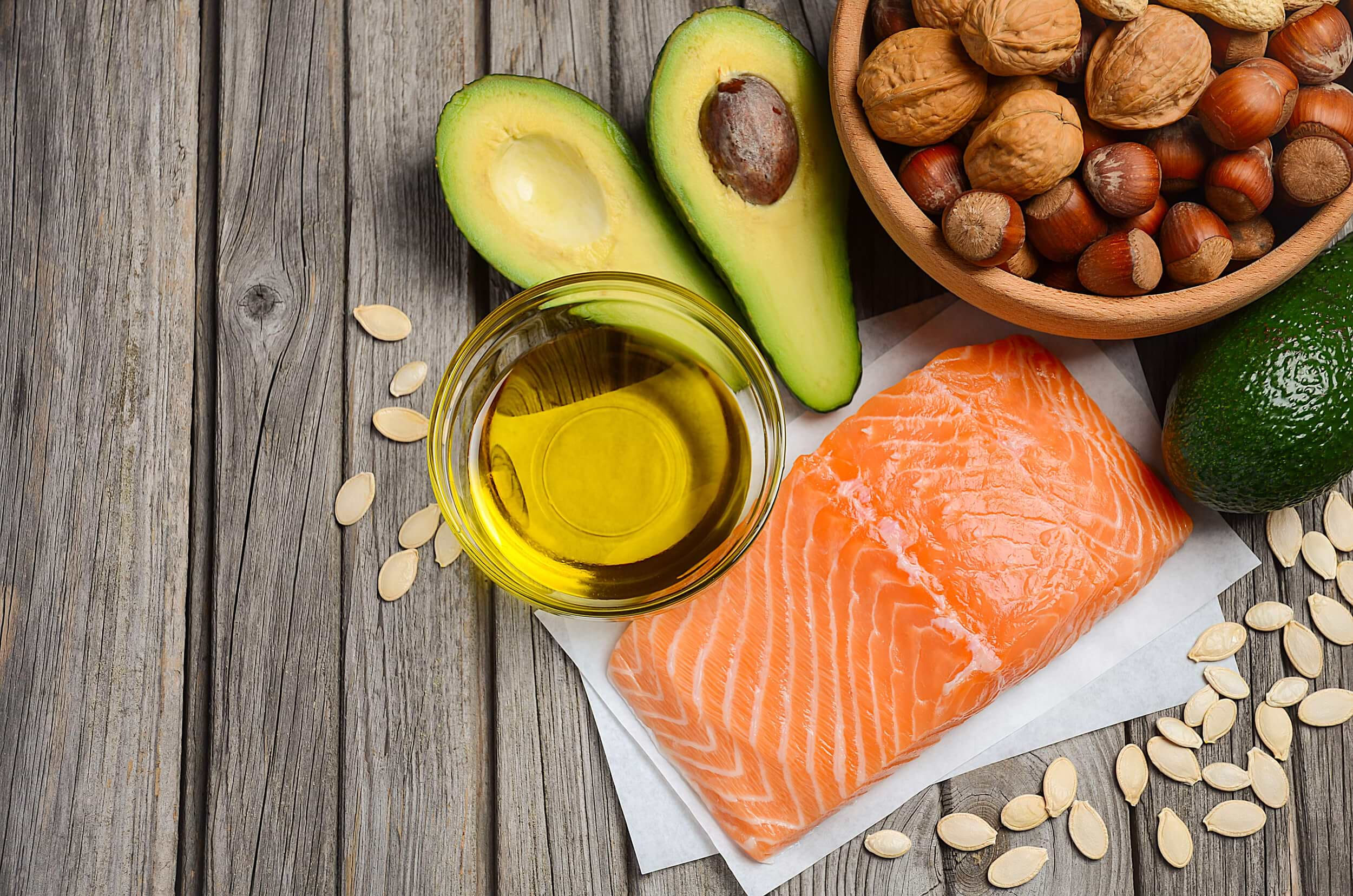Welcome to thoughtful, organic beauty
Hello Joyous is an organic, plant-based, sustainable beauty brand here to bring more joy to your day.
Docosahexaenoic acid (DHA) is a long-chain polyunsaturated fatty acid (LCPUFA). It is described as an “essential” nutrient because our bodies do not produce it the way it produces a nutrient like vitamin D (which is produced with sun exposure).
“Essential” nutrients must be obtained through the diet, or in the case of breastfeeding infants, the mother’s diet.
DHA specifically (there are other LCPUFAs) is essential for the development of the human brain1 (the human brain is approximately 60% fat2, approximately 15% of which is DHA3) and retina of the eye2. The brain develops early in life at a rapid pace, reaching essential completion by ages five or six years2.
DHA is so closely related to brain development, that some hypothesize that the incorporation of fish (which is our primary source of dietary DHA) into the human diet in the Palaeolithic period (the period corresponding to dramatic increases in human brain size and tool use) was the driver of the evolution of human intelligence5.
The frontal lobes of the brain, which are particularly rich in DHA are associated with:
Health and learning effects relevant to school-aged children associated with DHA deficiency include:
Importantly, not only has DHA deficiency been linked to health and learning challenges, but supplementation with DHA has been demonstrated to result in improvements in reading and behaviour (in otherwise healthy but under-performing school children)4.
Dietary Sources of DHA

As an “essential” nutrient, we must obtain DHA from our diet. DHA turnover in the brain is rapid1, meaning we require a steady dietary supply to maintain adequate levels.
Fatty fish (e.g., herring, salmon, sardines, mackerel, tuna) are the richest sources of DHA1 .
The concern some have over methyl mercury (a neurotoxin) consumption in the fat of fish is poorly founded. Methyl mercury is not fat-soluble, and as such, is not present in fish oils6. Further, methyl mercury present in fish is bound to an amino acid called cysteine, which decreases its toxicity by 90%6. To further reduce the risk posed by methyl mercury, one can restrict their fish consumption to non-predatory fish such as salmon and sardines (methyl mercury bio- accumulates as fish consume other fish)6.
An analysis of the health benefits associated with fish consumption matched against the potential health determents associated with other environmental toxins present in fish (dioxins, polychlorinated biphenyls) concluded “ "levels of dioxins and polychlorinated biphenyls in fish are low, and potential carcinogenic and other effects are outweighed by potential benefits of fish intake"6.
The US Institute of Medicine suggests pregnant women limit their consumption of higher methyl mercury-containing fish (e.g., tuna) to one meal per two weeks; and other fish (e.g., salmon, sardines) to two to three meals per week6.
Non-pregnant persons can eat one meal weekly, and two to three meals weekly respectively6. Based on available research, these are very conservative guidelines.
There exists a misconception that vegetarians and vegans can obtain adequate dietary DHA by eating foods rich in alpha-linolenic acids (ALA) such as flax seeds, soybeans, pumpkin seeds and walnuts7. ALA is converted to DHA in the body, but in very small quantities. Research demonstrates that 9% or far less (as little as 0.04%5) of ALA will ultimately be converted to DHA5. Further evidence exists that ALA supplementation in vegetarians resulted in no increases in DHA levels5.
Nutritional Supplementation with DHA
Fish oil supplements are the simplest means of supplementing with DHA (DHA amounts in particular supplements are listed on the label).
For vegetarians and vegans, algae-based DHA supplements are available, which resulted in DHA increases where ALA supplementation did not3.
What you need to know about DHA and your/your child’s health
References
Thanks for sharing valuable information.It is very useful for me and also useful for who wants more information. Health Tips
ReplyGlad you enjoyed it Pranitha! :) Rachel - Joyous Health Team
Great read, thank you so much for the information! Trying to raise my little girl, healthy, happy and the best as possible so blogs like this really help! x
ReplyHey Ashley, So glad you were able to take away a lot from this piece :) It sounds like you are one amazing mama already! Rachel - Joyous Health Team
I use fish oil because it's a fantastic supplement and have my 4 week old on Nordic Naturals Baby fish oil, however, it is only a 12 serving bottle and they don't make one bigger. Is there another brand that makes infant specific fish oil? Thank you!
ReplyHey Tina, That's the brand Joy uses for Vienna and she would recommend just to continue with that one despite the fact that there aren't many servings in the bottle. It's the best one in her opinion :) Rachel - Joyous Health Team
Any recommendations for a brand of an algae based supplement?
ReplyI know the brand Ascenta makes algae based supplements. Hope that helps!